
Latest News.
HEITEC versus HEITECH – Kather Augenstein for HEITECH Promotion GmbH successful at the European Court of Justice in Luxembourg
The European Court of Justice in Luxembourg (ECJ) rules on the forfeiture of trademark claims
In the trademark dispute between the plaintiff, HEITEC AG, on the one hand, and the two defendants, HEITECH Promotion GmbH and its managing director RW, on the other hand, the ECJ has now given its judgment on 19 May 2022. The Federal Court of Justice had stayed the proceedings and referred legal questions to the court concerning the forfeiture of claims under trade mark law with a view to interpreting them in conformity with EU law.
1. Facts of the case
Specifically, the plaintiff is defending itself against the defendant’s use of the corporate mark “HEITEC”. The defendant has been using the company sign “HEITECH” since 2004 at the latest. On 6 February 2009, it filed an application for its EU trade mark, which was registered on 20 November 2008. Although the plaintiff had been aware of the application for this trade mark since 7 July 2008, it did not issue a warning to the defendant until April 2009 and filed an action with the Nuremberg-Fürth Regional Court on 31 December 2012. However, this was not served until 23 May 2014, i.e. more than five years after the defendant HEITECH Promotion GmbH had been warned, inter alia due to the plaintiff’s delay in paying the court costs.
2. Legal background
The primary issue is the legal question of the forfeiture of the trademark claims asserted by HEITEC.
After the Nuremberg-Fürth Regional Court and the Nuremberg Higher Regional Court held that the claims asserted in the action had been forfeited, the Federal Court of Justice saw the need to stay the proceedings and to submit the respective legal questions to the ECJ for a preliminary ruling.
Specifically, the question was whether the warning by the owner of the earlier trade mark, i.e. HEITEC, already prevents forfeiture or whether the involvement of an authority or court action is required for this.
In addition, the Federal Court of Justice (FCJ) wanted to know from the ECJ whether, for the calculation of the five-year acquiescence period within the meaning of the relevant European directives, the filing of the appeal with the court or the receipt of the appeal by the opponent of the claim is decisive in the case of a judicial remedy. Finally, the question was whether forfeiture also covers subsequent claims under trade mark law, such as claims for damages, information and destruction, in addition to claims for injunctive relief.
Pursuant to Section 21 MarkenG, claims for injunctive relief under trade mark law are generally excluded if the proprietor of a trade mark or business designation has tolerated the use of that trade mark for a period of five consecutive years with knowledge of that use. This provision is based on Article 9(1) and (2) of the EU Trade Mark Directive (EU) 2015/2436.
3. Decision and reasons for the decision
According to the ECJ, the relevant provisions of European law – Article 9 of Directive 2008/97 and Articles 54, 110, 111 of Regulation No 207/2009 – must be interpreted as meaning that “an act, such as a warning notice, by which the proprietor of an earlier trade mark or other earlier right opposes the use of a later trade mark without, however, taking the steps necessary to bring about a legally binding solution, does not put an end to acquiescence.” Accordingly, a warning notice does not terminate the forfeiture period.
Put simply: a warning notice is thus not sufficient to allege an infringement of trade mark rights; rather, what is required is legal or official action.
With regard to the question whether the filing or the service of the action is decisive for the time of forfeiture, the ECJ agreed with our argumentation and ruled that – even if the filing is in principle decisive – the plaintiff must not be negligent, but must push the proceedings so far that the action is also served. Thus, in view of legal certainty, it was not to the plaintiff’s credit if he initiated proceedings but then – possibly even intentionally – left them in a state of suspense. Nevertheless, according to the ECJ, it should matter whether the plaintiff had done everything within the five-year period to effect service. In the present case, HEITEC AG had indeed filed a statement of claim in due time on 31 December 2012. However, the court repeatedly approached HEITEC AG’s representative to point out deficiencies that prevented the service of various statements of claim. For example, HEITEC AG did not pay the advance on court costs until approximately one year later.
Finally, according to the ECJ’s judgment, forfeiture also extended to all ancillary or consequential claims, such as possible claims for damages, information or the destruction of goods.
4. Significance of the Judgment
The ECJ’s case law above all concretises the scope of use of corresponding business signs and standardises limits for the assertion of claims under trade mark law by the owners of earlier rights. Against the background of the legal clarity thus created, this judgement is therefore very welcome.
In essence, the decision corresponds to the decisions preliminary instances. In particular, it is gratifying that the ECJ has now clarified that a warning notice cannot interrupt the forfeiture period and that forfeiture also covers claims for damages. The European Court of Justice rules on forfeiture of trademark claims
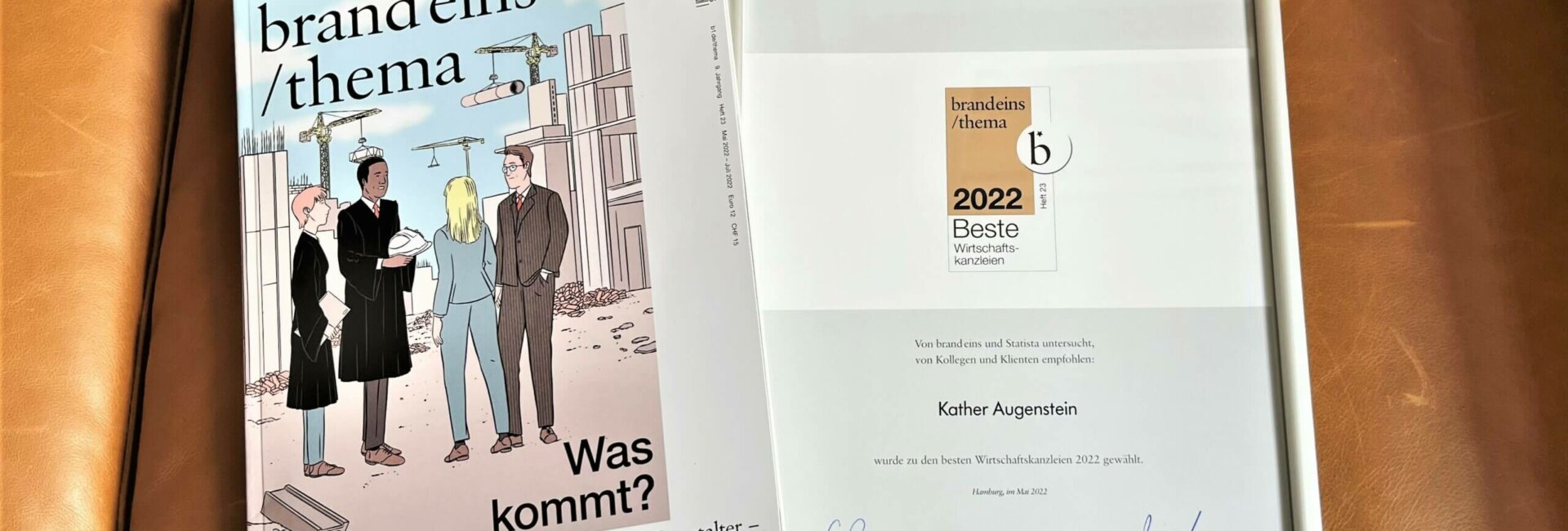
Latest News.
brand eins Ranking – Kather Augenstein again among the best business law firms in Germany 2022
In its recent issue “Was kommt?” (What’s next?), the business magazine brand eins awards Kather Augenstein as top business law firm 2022 and recommends the Düsseldorf IP boutique in the patent law category again with the highest possible number of four stars.
The ranking of the best commercial law firms is based on an independent analysis and survey among attorneys-at-law and in-house lawyers over 24 fields of law. A total of 2600 lawyers participated in the survey, and 411 firms made it onto this year’s list.
The complete result of the best in the industry was published in the current brand eins /thema (issue 23).
Click here for the interactive German map and the list of the best.
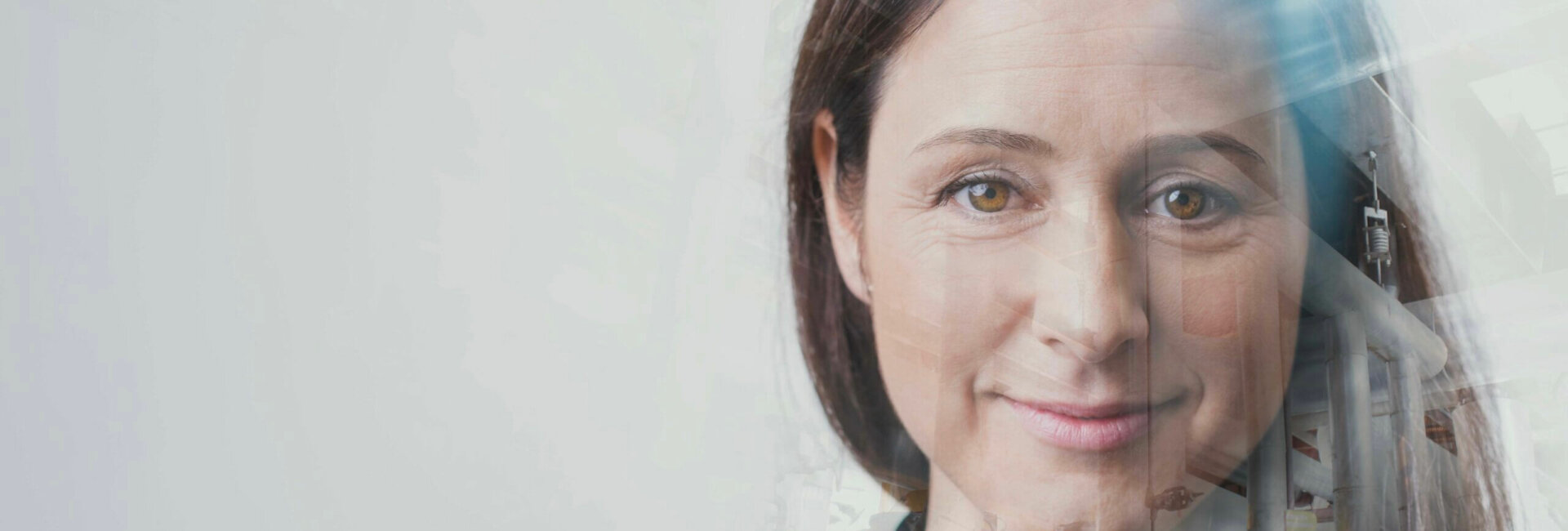
Latest News.
Congratulations to our Managing Partner Miriam Kiefer LL.M., for being recognised for the third year in a row as a leading IP lawyer in Managing IP’s international “Top 250 Women in IP” directory in the IP Stars 2022 ranking.
The list honours experienced female IP lawyers and IP litigators who have provided exceptional services to their clients and companies in the past year.
This year’s reference list includes more than 30 areas of law worldwide, for more information and access to the full ranking, click here.
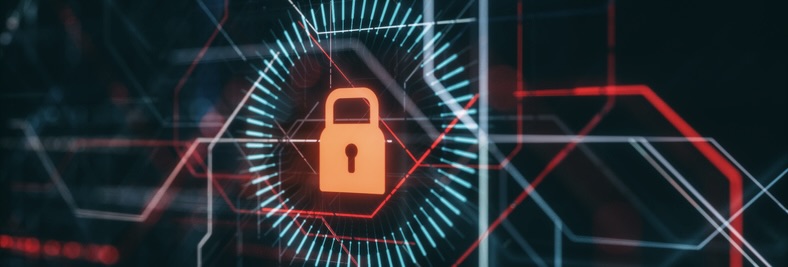
Latest News.
RC Mannheim – Kather Augenstein successfully fights for protection of sensitive data also in enforcement proceedings
In a recently published decision of 13 October 2021 (ref. 2 O 73/20), the Regional Court Mannheim ruled on security measures under Sec. 145a Patent Act in conjunction with Sec. 16 et seq. Trade Secrets Protection Act in enforcement proceedings. Kather Augenstein thus succeeded for the first time in protecting sensitive client data from third parties, which would otherwise be freely accessible. This is particularly significant because information about patent-infringing products often discloses information about the profit calculation and thus the “silverware” of a company. The decision thus allows for the first time to restrict access to and exploitation of sensitive data within the patentee’s organisation.
The Regional Court Mannheim considers Sec. 145a Patent Act to be applicable to enforcement proceedings. The board justified this by stating that Sec. 145a Patent Act was decisive for determining the scope of application of Sec. 16 to 20 Trade Secrets Protection Act in patent litigation. It was therefore irrelevant that the provisions of Sec. 16 to 20 Trade Secrets Protection Act, in their original scope of application, applied only to main proceedings. The term patent litigation was to be understood broadly and would include enforcement proceedings, which, moreover, were not excluded from the scope of application in Sec. 145a Patent Act. Moreover, a possible restriction could not be inferred from the relevant explanatory memorandum to Sec. 145a Patent Act.
In contrast, it is prominently argued in the literature that Sec. 145a Patent Act does not apply to enforcement proceedings (Kühnen, Handbook of patent infringement, 14th ed. 2022, chap. D, marginal no. 117). 117). Decisions from Düsseldorf as to whether Sec. 145a Patent Act applies to enforcement proceedings are currently not known. In the lecture event “Düsseldorfer Richtergespräche”, the speakers did not comment on this. It therefore remains exciting whether Düsseldorf will follow the line from Mannheim.
In addition, the question may arise in the future as to in which cases courts will order additional measures pursuant to Sec. 19 (1) Trade Secrets Protection Act. In the present decision, the Regional Court Mannheim ordered additional measures within the framework of the required consideration. In doing so, the court referred in particular to the fact that the financial information and rendering of accounts were only for a specific purpose and therefore a restriction to the group of persons did not represent a disadvantage for the plaintiff. Only the future will show whether other courts will also take into account the purpose of the financial information and rendering of accounts. It will also be interesting to see how the interests of the parties will be weighed in the main proceedings in the future. However, the parties can avoid these questions from the outset, for example by agreeing on the restriction of persons out of court.
Carsten Plaga

Aktuelle News.
“Metal on metal”, judgement on judgement: The copyright dispute between Kraftwerk and Moses Pelham
22 years, 10 judgements, all instances: Of all things, a two-second excerpt of the song “Metall auf Metall” of the band Kraftwerk triggered a long-running legal dispute that continues to this day and has significantly changed copyright law in Germany. What is it exactly about?
In the beginning, there is a so-called sample of the song “Metall auf Metall” by the band Kraftwerk. The hip-hop producer Moses Pelham took a two-second excerpt of the song, the so-called sample, and incorporated it into his song “Nur mir” (Only Me), but without the band’s consent. Kraftwerk did not like this at all – and sued Pelham for injunctive relief and damages for infringement of record producer and copyright.
Going through the instances
The view that this was indeed an infringement of rights, i.e. that only Kraftwerk was allowed to distribute these two seconds of music, was endorsed by the Hamburg Regional Court and Higher Regional Court in 2004, 2006 and 2008, and finally by the Federal Court of Justice. Sampling, the term used in technical parlance for the re-use of sound tracks from existing pieces of music, was thus completely illegal according to the courts.
However: in its 2008 judgement, the Federal Subreme Court also addressed §24 German Copyright Act (UrhG) a.F.: Free Use. This regulation described that artists may use copyrighted works without asking the author for consent. However, only by way of suggestion and if the new work is sufficiently different from the old one.
The legal dispute between Pelham and Kraftwerk would later bring this regulation down. However, the Federal Court of Justice and the Higher Regional Court of Hamburg first established that Pelham could also have replayed the sequence – so that the sampling would not have been needed at all and § 24 UrhG a.F. could not apply in the present case
The tide turns for Pelham and “Nur mir” (Only me)
Pelham did not put up with the Federal Supreme Court decision either and went before the Federal Constitutional Court. There, he was proven right: The Federal Supreme Court had interpreted §24 German Copyright Act (UrhG) a.F. too narrowly, and Pelham’s artistic freedom had been unjustifiably interfered with. In addition, provisions of European Union law had to be taken into account. This is where the matter becomes more complicated: the European Court of Justice (ECJ) then informed the court, when asked, that free use according to § 24 German Copyright Act (UrhG) a.F. was not compatible with the InfoSoc Directive, which entered into force on 22 December 2002. Rather, in the case of distribution by Pelham after that date, there was an infringement of rights. Was this actually the case during the period in question? The Hamburg Higher Regional Court examined the question and answered in the affirmative.
An end in sight?
Actually, the proceedings could have ended here – Pelham would not have infringed Kraftwerk’s rights before 22 December 2002, but after that date they did. But: in its decision this year, the Hamburg Higher Regional Court allowed an appeal: since 7 June 2021, a so-called pastiche barrier has been in force in Germany with § 51a German Copyright Act. The still unclear definition of pastiche refers to the imitation of one work in another, but in an artistic or even supportive or appreciative manner. This opens up a new time period, which must also be taken into account, for which a possible infringement of rights – which the Hamburg Higher Regional Court does not currently see – could exist.
However, since the interpretation of the pastiche term under Union law in particular is not yet clear, the Higher Regional Court has allowed an appeal – the members of the band around founding member Ralf Hütter only accepted it on 13 May.
It remains exciting in a case that has always raised very fundamental questions about the relationship between artistic freedom and copyright protection and promises to continue to do so.
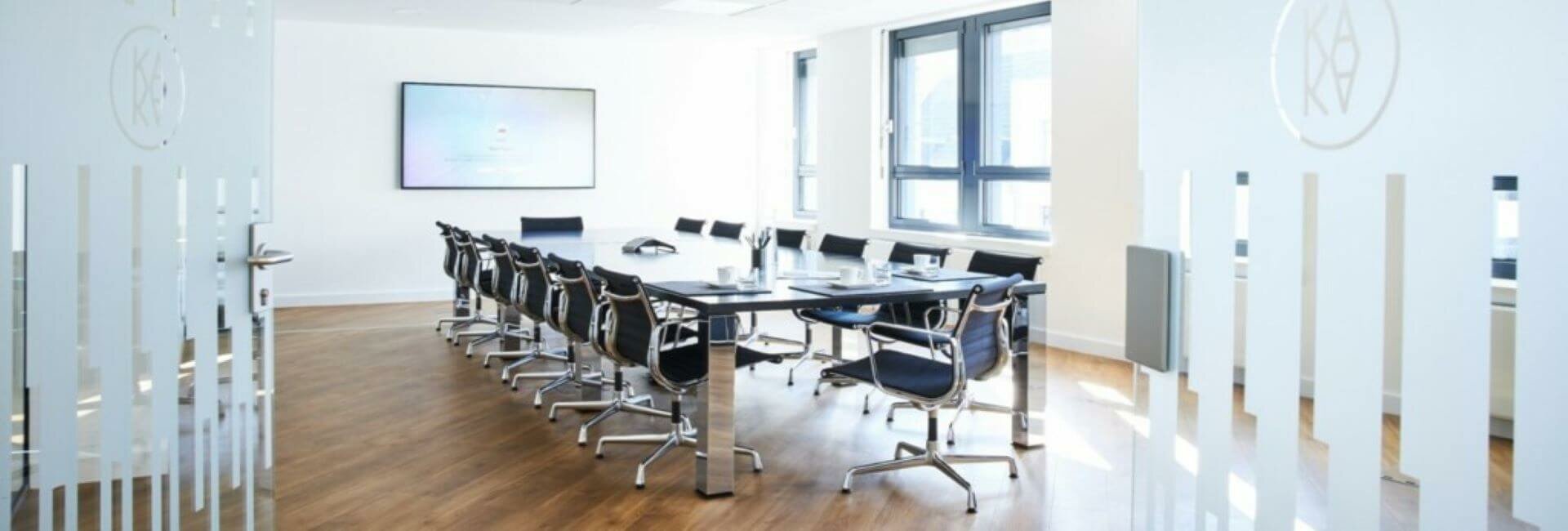
Latest News.
Patent Law Modernisation Act: Miriam Kiefer LL.M. lectures via online seminar at JETRO
The Japan External Trade Organization(JETRO) invited our Managing Partner Miriam Kiefer LL.M. to report on the latest developments of the Second Patent Law Modernization Law.
On 14 June 2022, Miriam Kiefer gave the participants an overview of the reform of the patent law in Germany in her 90-minute lecture. The subsequent discussion on the development of case law at the instance courts reflected the importance of the reform for businesses.
On the background:
Years have passed since the last major reform of industrial property protection by the Act on the Simplification and Modernisation of Patent Law of 31 July 2009. In order to ensure Germany’s outstanding position as a location for the protection of intellectual property in the field of industrial property rights also in the future in European and international comparison, it was necessary to review whether the current legal regulations still meet the requirements that effective and balanced protection of industrial property rights requires.
The result of the review of the regulations in this field of law was adopted by the German Parliament (Bundestag) in the form of the Federal Government’s draft lawon the simplification and modernisation of patent law (as amended by the Legal Affairs Committee) on 10 June 2021 (video), confirmed in the second Federal Council (Bundesrat) examination on 25 June 2021 and on 10 August 2021 in the Federal Law Gazette published.
The law reform focuses on three areas: First, the new law stipulates that in exceptional cases, injunctive relief for patent infringement may be limited for reasons of proportionality. Thus, Section 139 para. 1 sentence 3 Patent Act (PatG) now stipulates that the infringement of a patent does not necessarily entitle the infringed party to injunctive relief, but that this relief may be limited in exceptional cases by considerations of proportionality. In the case of a limitation of the right to injunctive relief, the infringed party shall be entitled to appropriate monetary compensation.
Secondly, the new Sec. 83 para. 1 sentence 2 Patent Act, according to which the Federal Patent Court shall give notice within six months from service of process, is intended to accelerate the nullity proceedings. This is intended to better synchronise nullity proceedings with infringement proceedings before the civil courts.
Thirdly, the new reference in Sec. 145a Patent Act to the provisions on the protection of trade secrets (GeschGehG) in patent litigation is an important step to ensure the protection of trade secrets also in patent infringement proceedings.
Miriam Kiefer LL.M. and Dr Christof Augenstein will be presenting further seminars with JETRO in the second half of the year, this time on the subject of UPC.
In the past, Dr. Christof Augenstein has already given a lecture in Tokyo on the subject of patent infringement proceedings at the invitation of JETRO. Patent infringement proceedings in Germany held.
JETRO (Japan External Trade Organisation), was established in 1958 by the Japanese Ministry of International Trade and Industry (MITI) to support and promote Japanese export efforts. In the 21st century, JETRO’s focus has shifted to promoting foreign direct investment in Japan and helping small to medium-sized Japanese companies maximise their global export potential.
JETRO has 76 overseas offices in 55 countries worldwide and 48 offices in Japan, including headquarters in Tokyo and Osaka. In Germany, JETRO is represented with three offices in Berlin, Düsseldorf and Munich.
On June 14, 2022, Miriam Kiefer gave the participants an overview of the reform of the patent law in Germany in her 90-minute presentation. The subsequent discussion on the development of case law at the courts of instance reflected the importance of the reform for companies.
Background:
Years have passed since the last major reform of industrial property protection by the Act on the Simplification and Modernization of Patent Law of July 31, 2009. In order to ensure Germany’s outstanding position as a location for the protection of intellectual property in the field of industrial property rights in the future as well in European and international comparison, it was necessary to review whether the current legal regulations still meet the requirements that effective and balanced protection of industrial property rights demands.
The result of the review of the regulations in this area of law was published in the Federal Government’s bill on the VSimplification and modernization of patent law (as amended by the Committee on Legal Affairs) on June 10, 2021 passed by the Bundestag (video), confirmed on June 25, 2021, in the second Federal Council review, and on August 10, 2021, in the Federal Law Gazette published.
The reform of the law focuses on three areas: First, the new law firmly establishes that in exceptional cases, injunctive relief for patent infringement may be limited for reasons of proportionality. Thus, § 139 para. 1 sentence 3 PatG now that the infringement of a patent does not necessarily entitle the infringed party to injunctive relief, but that this relief is subject to a proportionality test. In the event that the right to injunctive relief is limited, the injured party shall be entitled to appropriate monetary compensation.
Secondly, the new Section 83 para. 1 sentence 2 PatG, according to which the notice of the Federal Patent Court shall be given within 6 months from service of the action, serve to accelerate the nullity proceedings. This is intended to better synchronize nullity proceedings with infringement proceedings before the civil courts.
Third, the new reference in Sec. 145a Patent Act to the provisions on the protection of trade secrets (GeschGehG) in patent litigation is an important step to ensure the protection of trade secrets also in patent infringement proceedings.
Miriam Kiefer LL.M. and Dr. Christof Augenstein will conduct further seminars with JETRO in the second half of the year, this time on the subject of UPC.
In the past, Dr. Christof Augenstein has already given a lecture in Tokyo on the subject of patent infringement proceedings at the invitation of JETRO. Patent infringement proceedings in Germany held.
JETRO (Japan External Trade Organization), was established in 1958 by the Japanese Ministry of International Trade and Industry(MITI) to support and promote Japanese export efforts. In the 21st century, JETRO’s focus has shifted to promoting foreign direct investment in Japan and helping small to medium-sized Japanese companies maximize their global export potential.
JETRO has 76 overseas offices in 55 countries worldwide and 48 offices in Japan, including headquarters in Tokyo and Osaka. In Germany, JETRO is represented by three branches in Berlin, Düsseldorf and Munich.
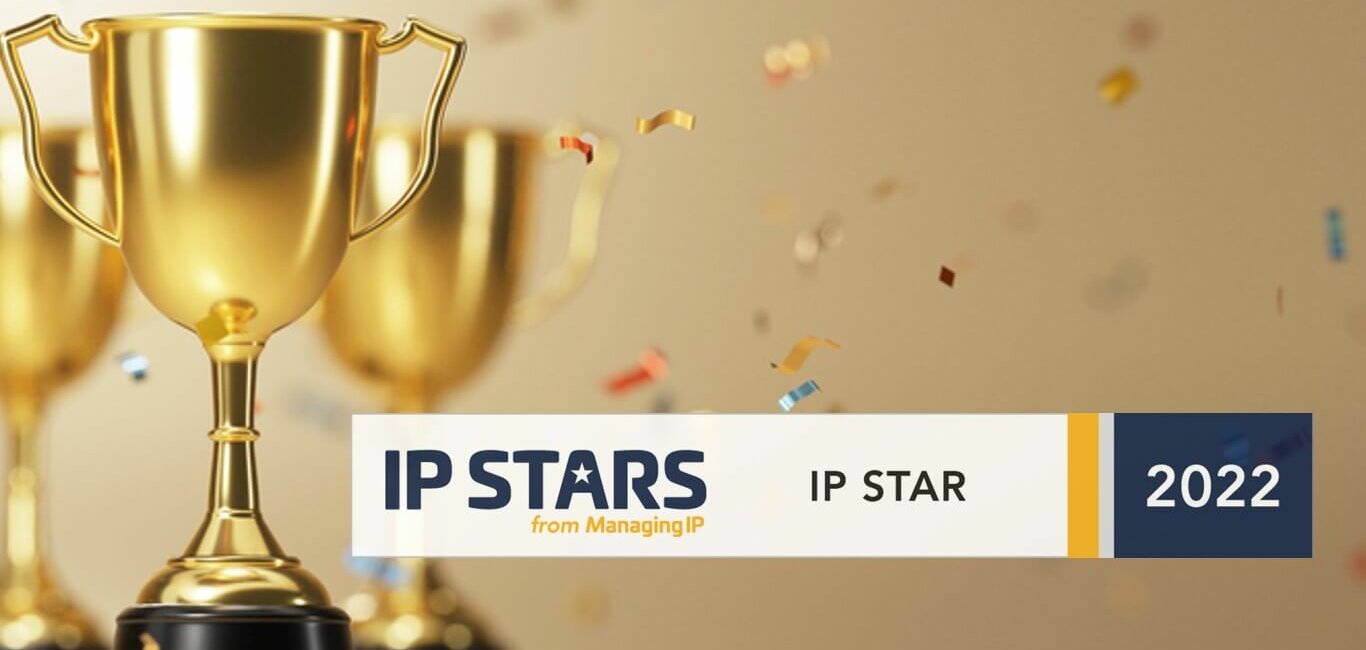
Latest News.
Managing IP awards Kather Augenstein three IP Stars 2022
Every year, Managing Intellectual Property (MIP) celebrates the IP industry with its IP Stars, focusing on the IP practitioners who have achieved excellent performance during the year.
The expert shortlist is the result of a comprehensive and independent study in the IP field, based on market and client data as well as interviews with professionals and representatives of the branch. To receive an IP Star ranking, a lawyer must receive a significant number of recommendations from clients, peers and fellows.
For this reason, we are very honoured and grateful that three Kather Augenstein experts were again awarded this prestigious title at this year’s IP Stars 2022 notification. Senior Partner Dr Peter Kather, Name Partner Dr Christof Augenstein and Managing Partner Miriam Kiefer LL.M. were named Patent Star 2022.
Research for the IP Stars Guide covers over six IP practice areas and more than 70 jurisdictions and has become the leading trade publication for the IP profession. MIP IP Stars is a leading resource for companies and individuals seeking experienced lawyers for contentious and non-contentious IP advice.

Latest News.
Handelsblatt Ranking “Germany’s Best Lawyers 2022”: Kather Augenstein Rechtsanwälte are again among the best
This year, the renowned ranking of US publisher “Best Lawyers”, published annually in cooperation with the Handelsblatt, has again ranked Dr Peter Kather, Dr Christof Augenstein, Miriam Kiefer LL.M., Christopher Weber and Sören Dahm among Germany’s best lawyers in the field of intellectual property law.
The latest Handelsblatt ranking is based on the 14th edition of Best Lawyers rating for Germany. The US publisher Best Lawyers is the world’s oldest and one of the most renowned publishers of such lawyer rankings. In Germany, it identifies the most renowned legal advisors exclusively for Handelsblatt in an extensive peer-to-peer procedure. In this procedure, lawyers are asked which competitors they can recommend. The best list is published annually in late June exclusively in the Handelsblatt.
“We are very excited that we are represented by five Partners in the list this year and have made it to the top,” says Miriam Kiefer, Managing Partner at Kather Augenstein.“ “This is a great result!”
The Handelsblatt 2022 list of Germany’s best lawyers can be found here.

Latest News.
Higher Regional Court (OLG) Düsseldorf: Inspection procedure during pending public procurement procedure
Higher Regional Court Düsseldorf, decision dated 23 March 2022 – docket no. 15 W 14/21
The 15th Civil Chamber of the Higher Regional Court Düsseldorf has ruled in a decision dated 23 March (docket no. 15 W 14/21) that legal action can be taken before the civil courts even during an ongoing procurement procedure for applications to carry out an inspection procedure as well as acquiescence orders. The court also held in the specific case that “testing” constitutes an act of infringement within the meaning of section 9, sentence 2, no. 1 of the Patent Act, and that an inspection is required also at the premises of the recipient of the samples.
I. THE FACTS
The applicant is the owner of a patent relating to a weapon breech system. Like the first defendant, they took part in a Europe-wide public invitation to tender for the manufacture and supply of assault rifles (public procurement procedure) which was issued by the second defendant.
After the respondent to 2) had carried out comparative tests and sampling of the samples submitted by the first defendant, it announced that it intended to award the contract to the first defendant. After the second defendant had carried out comparative tests of the samples submitted by the first defendant, the second defendant announced their intention to accept the first defendant’s tender.
On the applicant’s motion for the order of an inspection procedure and the issuance of an acquiescence and protective order against both defendants, the Düsseldorf Regional Court ordered the inspection procedure only against the first defendant on 20 November 2020, which was carried out in December 2020. The survey procedure was carried out in December 2020.
A further request to conduct independent evidence proceedings against the defendant to The Regional Court dismissed a further application to conduct independent evidentiary proceedings against the second defendant in its decision on 17 August 2021. The applicant’s appeal was dismissed by the court in its decision dated 31 August 2021. The court justified its decision by stating that it was not competent and that, in addition, the inspection was not necessary, because an inspection at the first defendant was possible.
The Higher Regional Court partially amended the order and reworded it. The Düsseldorf Higher Regional Court dismissed the remaining appeal.
II. THE DECISION
1. COMPETENCE FOR INSPECTION PROCEDURE PERSISTS DESPITE ONGOING PUBLIC PROCUREMENT PROCEDURE
The Higher Regional Court ruled that it was competent to decide on motions for the conduct of inspection proceedings as well as acquiescence orders even during pending public procurement proceedings.
The special exclusive assignment imposed by section 156 para. 2 of the Act against Restraints of Competition (GWB) does not oppose its competence, since the motion to conduct an inspection procedure is not founded on a “claim” within the meaning of the provision. “Other claims” within the meaning of Section 156 of the GWB could also be legal provisions under non-procurement law which grant subjective rights and have a connection to the public procurement procedure. In particular, section 124 para. 1 no. 3 GWB, which governs the exclusion of companies from the procurement procedure due to serious misconduct, could also be used to assess a patent infringement in an incidental manner. However, the special allocation of section 156 para. 2 GWB does not apply to such claims which are not aimed at the protection of primary rights in the procurement procedure. However, the inspection claim which was motioned for was merely aimed at the preparation of patent law claims. In this respect, the civil courts were competent in parallel. The enforcement of patent claims should not be suspended during pending public procurement proceedings.
2. SAMPLING AND TESTING DURING THE PUBLIC PROCUREMENT PROCEDURE MAY CONSTITUTE PATENT-INFRINGING USE WITHIN THE MEANING OF SECTION 9 SENTENCE 2 NO. 1 OF THE PATENT ACT.
The Higher Regional Court further held that the sampling and testing of a patent-infringing object during the public procurement procedure may constitute “using” within the meaning of section 9, sentence 2, no. 1 of the Patent Act.
“Using” within the meaning of section 9, sentence 2, no. 1 of the Patent Act is to be interpreted broadly and encompasses any reasonable use in the broadest sense of any intended purpose. In the case of product patents, the designated use – in this case, military use – was not relevant.
Moreover, testing is not privileged under section 11 no. 2 of the Patent Act. Only the acquisition of knowledge about the subject-matter of the invention is privileged. However, in the public procurement procedure, the tests did not serve technical progress, but merely the assertion of competitive purposes.
3. THE INSPECTION WAS NECESSARY
Moreover, the inspection was necessary because a military weapon cannot be purchased on the public market. In addition, an inspection conducted at the first defendant’s premises would not have been equally effective. During the inspection at the first defendant, the applicant found various drawings showing different designs as well as embodiments that matched the most recent drawing made on the day on which the drawings and samples were handed over. 1) would not have been equally suitable. During the inspection at the respondent’s premises, the applicant had to 1) During the inspection at the first defendant, the applicant found various drawings showing different designs as well as embodiments that matched the most recent drawing made on the day on which the drawings and samples were handed over. Since drawings are usually created first and only then reproduced, it seems likely that other, older designs could be found with 2) the second defendant than with the first defendant.
Dr Benedikt Walesch
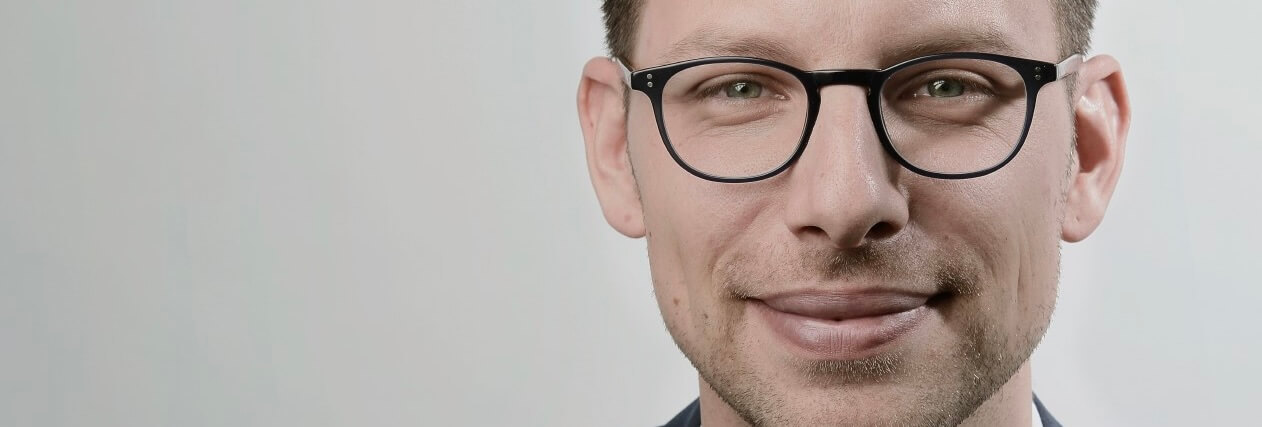
Latest News.
Kather Augenstein appoints Dr Benjamin Pesch as Counsel
Dr Benjamin Pesch joined Kather Augenstein in January 2019. He advises national and international businesses from various industries in the field of patent and utility model law.
After his state examination and a dissertation, completed summa cum laude, on the legal implications of disclosing trade secrets and insider information in the context of due diligence, Dr Benjamin Pesch was admitted to the German Bar in 2016. He started his career at one of the leading international law firms in Düsseldorf, already focusing on patent law.
In October 2021, Dr Benjamin Pesch was awarded “Rising Star 2021” by Managing Intellectual Property. He regularly publishes on patent law topics and is co-author of The Pharmaceutical Intellectual Property and Competition Law Review Germany.
“With Dr. Benjamin Pesch, we have a very qualified and experienced lawyer in our ranks, who is also highly appreciated by our clients,” says Miriam Kiefer, Managing Partner of Kather Augenstein. “We sincerely congratulate Benjamin Pesch on his appointment as Counsel and look forward working with him in the future.”
